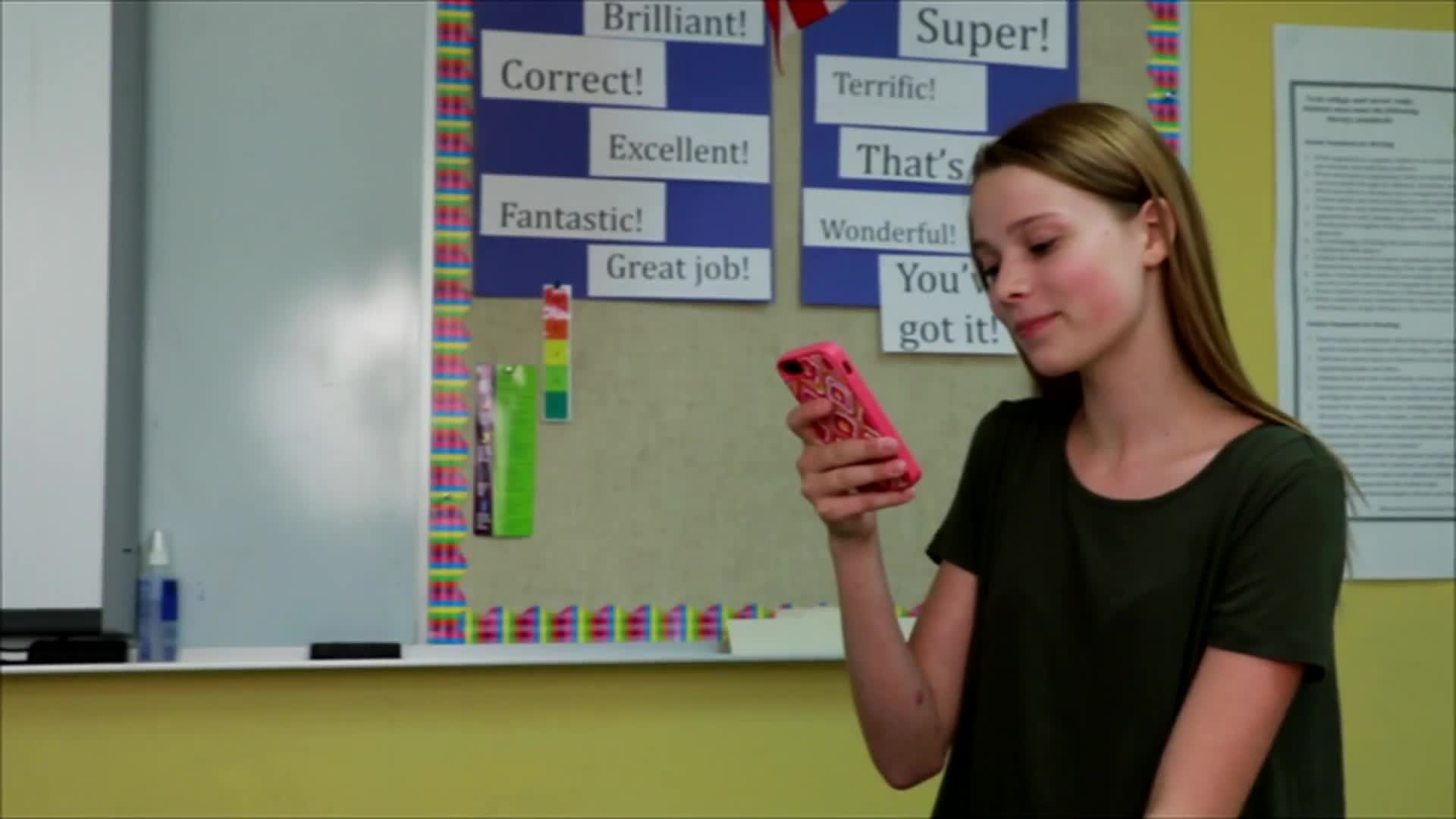Introduction
As educators, we strive to teach our high school students the importance of effectively communicating their feelings to others. When students don’t express their emotions, misunderstandings can arise, leading to unhealthy relationships and further emotional distress. To help students overcome the fear of expressing their feelings, we can introduce the concept of positive self-talk. This blog post will discuss an easy-to-implement activity, thought-provoking discussion questions, and related skills to help students learn how to express their emotions and use positive self-talk.
No-Prep Activity
In this no-prep activity, students will practice expressing their feelings and using positive self-talk in a role-playing exercise. Here’s how it works:
- Divide the class into pairs. In each pair, one student will play the role of the speaker, and the other will play the role of the listener.
- Provide a scenario where the speaker is upset or bothered by something the listener has done. For example, the listener constantly interrupts the speaker during conversations.
- Ask the speaker to use positive self-talk to build the confidence to share their feelings with the listener. Encourage them to take a moment to think about what they want to say and how they want to say it.
- Have the speaker share their feelings with the listener, using clear and respectful language.
- After the speaker has shared their feelings, the listener should respond in a supportive and understanding manner.
- Have the pairs switch roles and repeat the exercise with a different scenario.
This activity encourages students to practice expressing their emotions and using positive self-talk in a safe and supportive environment.
Discussion Questions
- Why is it important to express our feelings to others, even if it makes us uncomfortable?
- How does positive self-talk help us build the confidence to share our emotions with others?
- What are some strategies for effectively communicating our feelings in a respectful and clear manner?
- How can we support others when they share their emotions with us?
- What are some situations where it might be challenging to express our feelings, and how can we overcome these challenges?
Related Skills
Teaching students about expressing their feelings and using positive self-talk can also help them develop other essential social-emotional skills, such as:
- Active listening: Encouraging students to listen attentively and empathetically when others share their emotions.
- Conflict resolution: Guiding students in resolving misunderstandings and disagreements in a respectful and constructive manner.
- Empathy: Helping students understand and share the feelings of others, fostering stronger relationships and connections.
- Self-awareness: Encouraging students to recognize and understand their own emotions and how they impact their behavior and relationships.
Next Steps
Helping high school students learn to express their feelings and utilize positive self-talk is an essential part of their social-emotional development. By incorporating the activity, discussion questions, and related skills shared in this blog post, educators can create an engaging and supportive learning environment for their students.
Ready to discover more resources for teaching social-emotional skills in the classroom? Sign up for free sample materials at Everyday Speech, and explore a wide range of activities, videos, and lesson plans designed to support the social-emotional growth of your students.











